Great
American
Western
Stories
Lyons Press Classics
Great
American
Western
Stories
edited and with an introduction by
Steven D. Price

guilford
connecticut

An imprint of Globe Pequot
Distributed by NATIONAL BOOK NETWORK
Copyright 2017 by Lyons Press
All rights reserved . No part of this book may be reproduced in any form or by any electronic or mechanical means, including information storage and retrieval systems, without written permission from the publisher, except by a reviewer who may quote passages in a review.
British Library Cataloguing in Publication Information Available
Library of Congress Cataloging-in-Publication Data Available
ISBN 978-1-4930-2946-4 (paperback)
ISBN 978-1-4930-2947-1 (e-book)
 The paper used in this publication meets the minimum requirements of American National Standard for Information SciencesPermanence of Paper for Printed Library Materials, ANSI/NISO Z39.48-1992.
The paper used in this publication meets the minimum requirements of American National Standard for Information SciencesPermanence of Paper for Printed Library Materials, ANSI/NISO Z39.48-1992.
Printed in the United States of America
Contents
Introduction
Steven D. Price
F ew images have permeated American culture more that the American West. We drive automobiles that bear the names Mustang, Wrangler, Bronco, and Dakota. We root for sports teams named the Rangers, Cowboys, Mavericks, and Braves. In the era when cigarettes were advertised on television and in print, the rugged Marlboro Man cowboy identified that brand with the West. We sing Home on the Range and thrill to bronc riders and calf ropers at rodeos.
Once upon a time, Westerns were staples of movies, radio, and television. Starting at the turn of the twentieth century, stars like Bronco Billy Anderson and William S. Hart galloped across the silver screen, to be followed by Tom Mix, Johnny Mack Brown, Randolph Scott, John Wayne, Joel McCrea, and Clint Eastwood. And there were Roy Rogers, Gene Autry, and other singing cowboys who were likely to burst into a sentimental ballad as fast as they could draw their Colt .45s. (My grandfather, an migr from Czarist Russia, spent his free afternoons enthralled by Western movies where, according to family lore, he studied the English language from the likes of Hoot Gibson and Buck Jones. I never knew the man, so whether head em off at the pass entered his lexicon remains a mystery.)
One of the first TV shows I remember watching, and this goes back to the late 1940s, was Six Gun Playhouse, a pre-dinner hour of cowboy movies that provided plot lines for the kids in the neighborhood to reenact (without horses, alas) the next day. There was even a live TV Western called Action in The Afternoon. Though set in the Old West, it was filmed somewhere in suburban Philadelphia, where every now and then an airplane could be seen zooming above a cattle drive or gun duel. Thereafter came a herd of perennial network classics such as Gunsmoke, Bonanza, Death Valley Days, The Lone Ranger, Hopalong Cassidy, and The Cisco Kid.
What was the basis for Americas media fascination and identification (sometimes real, often only spiritual) with the Old West? You hold a large part of the answer in your hands. Books and magazine articles and stories fed popular taste from postCivil War days. You will recognize many of the authors in this volume: Better known for his Tarzan tales, Edgar Rice Burroughs wrote Westerns. So did the classic short-story writer O. Henry, creator of the Cisco Kid, who before being sanitized for television series and movie consumption was as cold-blooded a killer as the Old West ever produced.
Also represented are the great Western authors, such as Zane Grey, Bret Harte, and Joaquin Miller, as well as othersTheodore Roosevelt and Mark Twainwho are more associated with other subject areas.
How true to life are these tales? We can trust Roosevelt and Buffalo Bill Codys daughter Helen Cody Wetmore for accurate portrayals, and Twain perhaps less so. Certainly Ned Buntlines treatment of Wild Bill Hickok and Alfred Henry Lewiss depiction of Bat Masterson are made up of whole cloth. But does it really matter? I much prefer the line from the classic John Wayne movie The Man Who Shot Liberty Valence, when legend becomes fact, print the legend.
Steven D. Price
Riders of the Purple Sage, Chapter 5
By Zane Grey
It is impossible to underestimate the importance of Zane Grey as an author of this books genre. From 1917 to 1926, Grey was in the top ten best-seller list nine times, primarily with his stories of the Old West. Moreover, almost 100 movies were made based on his books and short stories, beginning with Riders of the Purple Sage . In this chapter of the 1902 novel, the hero tracks a band of rustlers and then rescues a maiden in distress, both archetypal elements of Old West storytelling.
Venters looked quickly from the fallen rustlers to the canyon where the others had disappeared. He calculated on the time needed for running horses to return to the open, if their riders heard shots. He waited breathlessly. But the estimated time dragged by and no riders appeared. Venters began presently to believe that the rifle reports had not penetrated into the recesses of the canyon, and felt safe for the immediate present.
He hurried to the spot where the first rustler had been dragged by his horse. The man lay in deep grass, dead, jaw fallen, eyes protrudinga sight that sickened Venters. The first man at whom he had ever aimed a weapon he had shot through the heart. With the clammy sweat oozing from every pore Venters dragged the rustler in among some boulders and covered him with slabs of rock. Then he smoothed out the crushed trail in grass and sage.
The rustlers horse had stopped a quarter of a mile off and was grazing.
When Venters rapidly strode toward the Masked Rider not even the cold nausea that gripped him could wholly banish curiosity. For he had shot Oldrings infamous lieutenant, whose face had never been seen. Venters experienced a grim pride in the feat. What would Tull say to this achievement of the outcast who rode too often to Deception Pass?
Venterss curious eagerness and expectation had not prepared him for the shock he received when he stood over a slight, dark figure. The rustler wore the black mask that had given him his name, but he had no weapons. Venters glanced at the drooping horse, there were no gun-sheaths on the saddle.
A rustler who didnt pack guns! muttered Venters. He wears no belt. He couldnt pack guns in that rig.... Strange!
A low, gasping intake of breath and a sudden twitching of body told Venters the rider still lived.
Hes alive!... Ive got to stand here and watch him die. And I shot an unarmed man.
Shrinkingly Venters removed the riders wide sombrero and the black cloth mask. This action disclosed bright chestnut hair, inclined to curl, and a white, youthful face. Along the lower line of cheek and jaw was a clear demarcation, where the brown of tanned skin met the white that had been hidden from the sun.
Oh, hes only a boy!... What! Can he be Oldrings Masked Rider?
The boy showed signs of returning consciousness. He stirred; his lips moved; a small brown hand clenched in his blouse.
Venters knelt with a gathering horror of his deed. His bullet had entered the riders right breast, high up to the shoulder. With hands that shook, Venters untied a black scarf and ripped open the blood-wet blouse.
First he saw a gaping hole, dark red against a whiteness of skin, from which welled a slender red stream. Then the graceful, beautiful swell of a womans breast!
Next page
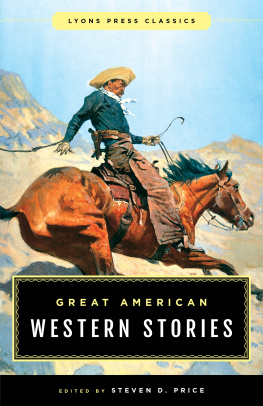

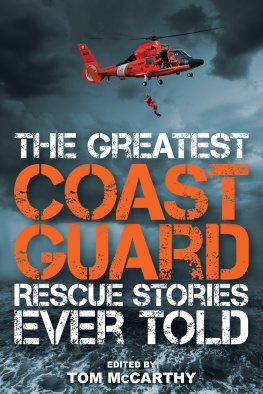
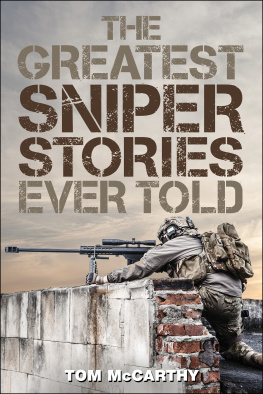

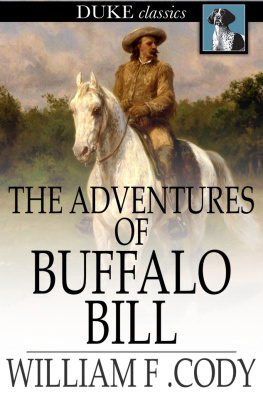
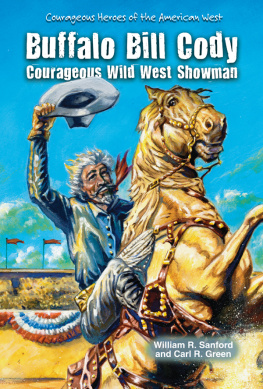
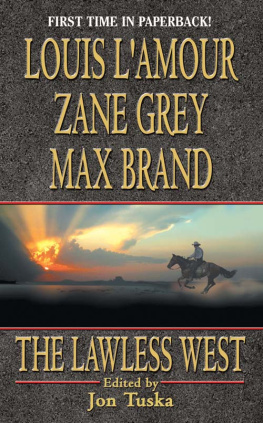


 The paper used in this publication meets the minimum requirements of American National Standard for Information SciencesPermanence of Paper for Printed Library Materials, ANSI/NISO Z39.48-1992.
The paper used in this publication meets the minimum requirements of American National Standard for Information SciencesPermanence of Paper for Printed Library Materials, ANSI/NISO Z39.48-1992.